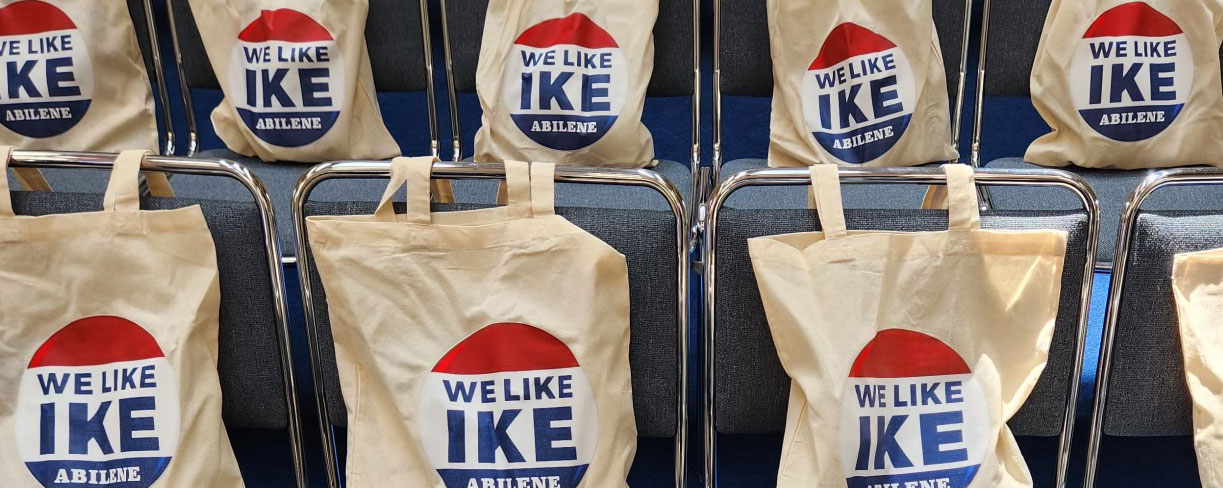
Indemnification Provisions in Incentives Agreements: Best Practices and Special Public Entity Issues
September 23, 2020
Indemnification provisions are an important part of the fine print of many contracts. These clauses generally operate to protect one party against the other party’s actions or failures to act that lead to a loss claimed by a third party (not a party to the contract). A common example is the indemnification provisions (or entire agreements) used in the rental car setting. Before you drive off the lot, the rental car company will require you indemnify (or protect) it against a third party (not you) bringing a claim due to your being in an accident.
Similarly, most incentive agreements contain one-way indemnification provisions, requiring the incentive recipient to indemnify and hold harmless the public entity against any possible risk and for any liability that could befall the public entity because of your project. The incentive provider will usually inform you that the indemnification provision cannot be mutual, is non-negotiable, and often includes provisions that go beyond traditional indemnification. Sorting through the legalese in these terms and conditions is a challenge in non-incentive contracts, and adding a public or quasi-public entity can make them more complicated.




